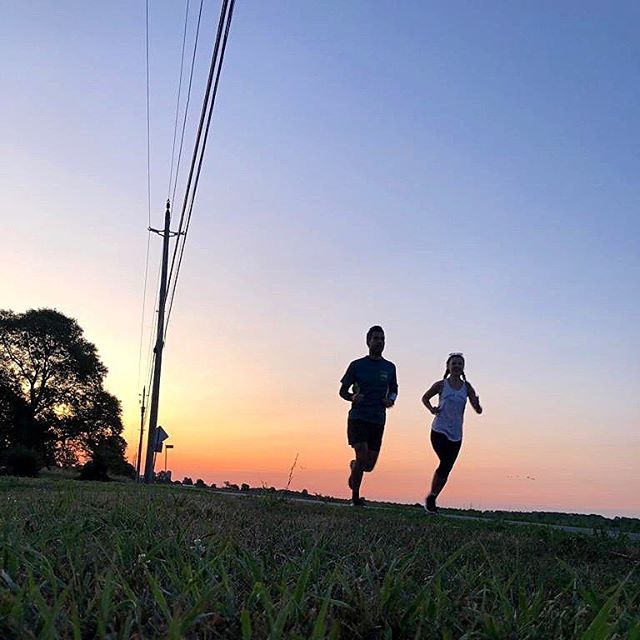Small amounts of exercise could have an outsize effect on happiness.
According to a new review of research about good moods and physical activity, people who work out even once a week or for as little as 10 minutes a day tend to be more cheerful than those who never exercise. And any type of exercise may be helpful.
The idea that moving can affect our moods is not new. Many of us would probably say that we feel less cranky or more relaxed after a jog or visit to the gym.
Science would generally agree with us. A number of past studies have noted that physically active people have much lower risks of developing depression and anxiety than people who rarely move.
But that research centered on the relationships between exercise and psychological problems like depression and anxiety. Fewer past studies explored links between physical activity and upbeat emotions, especially in people who already were psychologically healthy, and those studies often looked at a single age group or type of exercise.
On their own, they do not tell us much about the amounts or types of exercise that might best lift our moods, or whether most of us might expect to find greater happiness with regular exercise or only certain groups of people.
So for the new review, in The Journal of Happiness Studies, researchers at the University of Michigan decided to aggregate and analyze multiple past studies of working out and happiness.
They began by combing research databases for relevant studies and wound up with 23 published since 1980. Most of those were observational, meaning that the scientists simply looked at a group of people, asking them how much they worked out and how happy they were. A few of the studies were experiments in which people started exercising and researchers measured their happiness before and after.
The number of participants in any one study was often small, but together, they represented more than 500,000 people ranging in age from adolescents to the very old and covering a broad range of ethnic and socioeconomic groups.
And for most of them, the Michigan researchers found, exercise was strongly linked to happiness.
“Every one of the observational studies showed a beneficial relationship between being physically active and being happy,” says Weiyun Chen, an associate professor of kinesiology at the University of Michigan, who, with her graduate student Zhanjia Zhang, wrote the review.
The type of exercise did not seem to matter. Some happy people walked or jogged. Others practiced yoga-style posing and stretching.
And the amount of exercise needed to influence happiness was slight, Dr. Chen says. In several studies, people who worked out only once or twice a week said they felt much happier than those who never exercised. In other studies, 10 minutes a day of physical activity was linked with buoyant moods.
But more movement generally contributed to greater happiness. If people exercised for at least 30 minutes on most days, which is the standard American and European recommendation for good health, Dr. Chen says, they were about 30 percent more likely to consider themselves happy than people who did not meet the guidelines.
“I think the indications are strong that exercise can contribute to happiness and, while anything helps, a bit more is probably better,” she says.
But because most of the studies in this review were observational, she says, it is not possible yet to establish whether exercise directly causes changes in happiness or if the two just happen to occur together often. It could be that happy people are more likely to take up exercise and continue with it than people who feel sad. In that case, exercise would not have helped to make people happy; rather, their happiness would have helped to make them exercisers.
Happiness also is an inherently subjective, squishy concept. The studies analyzed in the review asked people how happy they felt. But one person’s happiness could be another’s relative gloom, making it difficult to generalize about how any of us might react, emotionally, to starting an exercise routine.
And, of course, the review did not delve into how exercise could be influencing happiness.
“There are indications that social factors could mediate the effects of exercise on happiness for some people,” Dr. Chen says. In other words, the social interactions that occur during an exercise class or trip to the gym might help to elevate people’s moods.
Or exercise could more directly change the body, including the brain.
“We know that exercise improves health,” Dr. Chen says, “and feeling healthier might make people feel happier.”
Exercise might also remodel the brain, for example, by prompting the creation of new brain cells or inducing changes in brain chemicals, in ways that contribute to positive emotions.
Dr. Chen hopes that future experiments will explore these issues. But for now, she says, “I think that we can safely say that people who exercise are probably going to be happier than people who don’t.”

